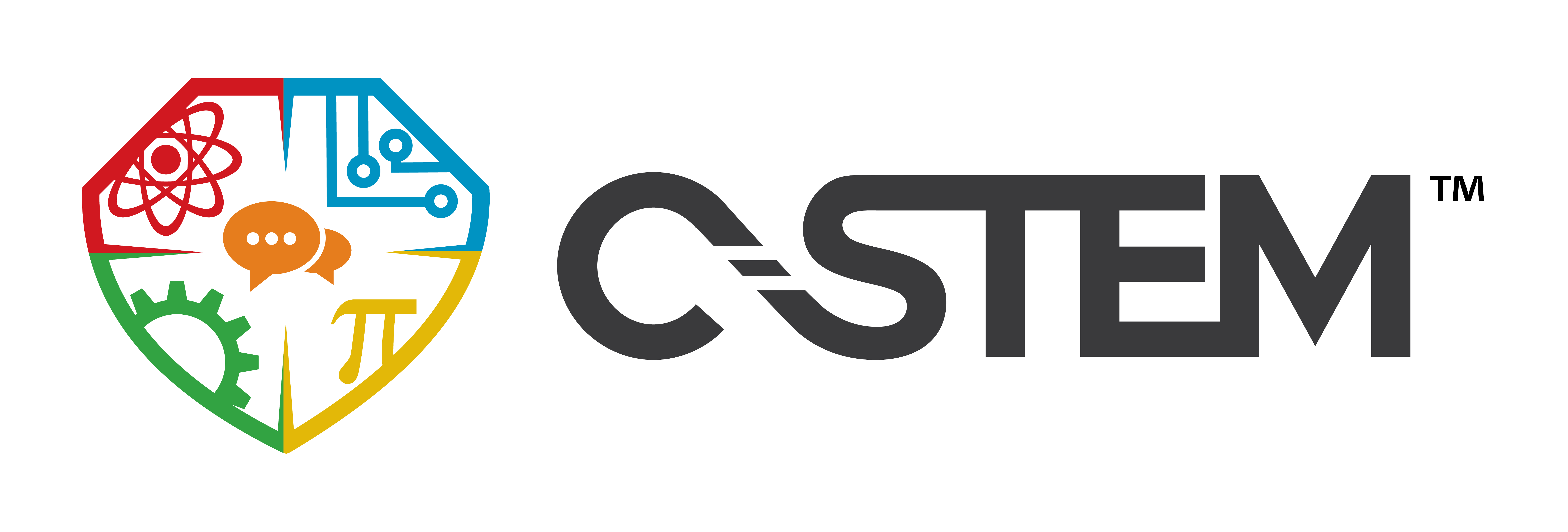Written by: Reagan Flowers, Ph.D.
This time of year is always an exciting one. My team and I get to celebrate the achievements of our STEM students as they graduate and move on to the next steps in their paths. However, as we celebrate these inspiring grads, we also continue to look forward proactively to those who will graduate in the coming years. Unfortunately, one of the problems we’re still seeing is the denial of Black and Latino students’ access to advanced STEM courses. This month, I’m addressing why this is happening, why it’s unacceptable and what we can do to generate change.
What the Research Shows
A new study shows that Black and Latino students, and students from low-income backgrounds, are missing out when it comes to AP STEM courses. However, they reported that STEM classes are some of their favorites, and they want to go to college.
Why? There are a few reasons:
- Schools are not providing welcoming environments in these courses for these students.
- They are not making efforts at diversity in AP classes.
- They are letting seats fill up without actively reaching out to invite those who might need these opportunities most.
The numbers are pretty staggering. For example, in this study of 200,000 students across 24 states, researchers found:
- Two in five Black and Latino students and one in four students from low–income backgrounds named STEM courses as their favorite courses and said that they want to go to college.
- Less than two percent of STEM–interested and college–aspiring Black and Latino students and students from low–income backgrounds are taking AP Biology.
- School climate affects helping students access advanced coursework opportunities.
- Students who want to go to college are 11 percent more likely to take an AP class when they feel a sense of belonging in AP classes.
- Students who want to go to college are 16 percent more likely to take an AP class when they receive information on enrolling in AP courses.
The Impact of Exclusion from Advanced STEM Courses
AP classes’ opportunities are highly impactful for economically disadvantaged Black and Latino students. First, jobs in STEM fields often come with higher-paying salaries. Over time, this could help close the economic gap of Black households having only a fraction of the wealth of white households. Latinos also face a large gap, making about ⅔ the wages of their white counterparts.
Second, AP classes can help students whose college aspirations are already dimmed by the cost of college. Passing an AP exam class in exchange for college credit can help make higher education just a little bit more affordable. Those who can earn a full year of college credit through AP and/or dual enrollment could save up to 25% on the total cost of their undergraduate degree.
Third, lack of action keeps existing biases in place. Studies have shown that teachers are just as likely to have racial biases as anyone else. These biases include what students will be interested in advanced courses, attending college, and STEM careers. This is unfair; it also makes certain groups of students feel unwanted and unwelcome in advanced STEM courses. These courses could help change their paths and opportunities for future generations of lower-income Black and Latino students. This cannot continue in our schools.
How We Can Work Toward Change
This systemic problem must be addressed from establishing processes down to implementing them. Each school or district needs to implement more equitable enrollment policies and practices. This could include:
- taking more proactive efforts to identify students and enroll them in advanced courses
- eliminating barriers to enrollment by covering testing and other costs
- providing lunch and learns or webinars to garner interest and inform students
- providing additional resources for schools failing to enroll students of color and students from low–income families in advanced coursework
- launching efforts to increase diversity amongst teachers, creating a more welcoming and inclusive environment
- formalizing college counseling resources to help these students access these pivotal courses
- getting feedback from students, teachers, and parents on where the environment may lack inclusiveness
- implementing programs to ensure these students not only enroll but also see tremendous success in passing scores on AP tests
As a STEM community, we must make every effort to keep our students from falling behind. We must provide students of color and those with limited resources the opportunities that could ultimately move them forward. We must reach out, engage and make them feel welcomed in advanced STEM courses.







